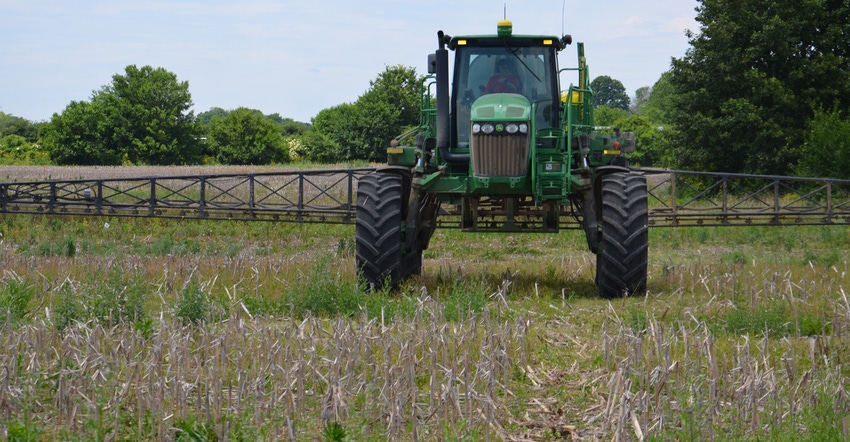
Farm insurance can be out of sight, out of mind. Especially if you’ve been with an agent for a long time, you assume your coverage is good. Jeff Leopold and Mason Lowery, both senior account executives with UIS Insurance and Investments, which deals with a number of insurance carriers, run across situations that could turn into costly mistakes if disaster strikes.
Recently, they shared common mistakes people make in a session sponsored by Nationwide Insurance at the Farm Progress Virtual Experience. See the presentation at FPVExp.com.
“Good ways to manage risk is to make sure you have adequate insurance coverage, stay in communication with your insurance agent, and do annual reviews,” Lowery says.
Here are five things you want to avoid in your farm insurance coverage:
1. No farm “extra expense” clause. This clause provides for extra expense coverage during a time of loss to cover costs that occur because of it, Leopold says. For example, if you have a fire and must move livestock to someone else’s farm, this clause could provide money to cover barn rental.
“Not all small companies offer it, but it’s important coverage to have in time of loss,” he says. “Ask if you have it, and if so, at what level. You can usually start at $5,000 and go up higher.”
2. Improper farm pollution coverage. Some small mutual companies may offer limited pollution coverage. Make sure you know what you have, Lowery says. Larger companies, such as Nationwide, offer more flexibility, he says. Livestock operations will need additional pollution coverage with Nationwide.
“If you’re spraying and the wind changes and causes drift, this is one place this would kick in,” Lowery says. “Also make sure you have the pollution coverage endorsement on your auto policy and that it covers chemicals on your trucks in the spring and fall while you’re spraying.”
3. Not listing coverage for all additional exposures. “Tiling for others, spraying for others, custom farming or a food stand on your premises are all additional exposures which must be listed separately in the policy,” Lowery says. “Make sure your agent is aware of everything you’re doing, and that these exposures are covered in your policy.”
Agritourism events on your farm also would fit here.
4. Insufficient limits on business auto policies for farm trucks. “We often see them at $300,000 or $500,000, and that’s just not enough,” Leopold says. “Big grain trucks going down the road can do lots of damage in an accident. We like to see farmers have at least a million dollars of liability coverage on their auto policies.
5. No umbrella policy. “If there is a bargain in the insurance industry, it’s umbrella liability coverage,” Lowery says. He notes that most companies offer umbrella liability policies from $1 million to $5 million.
“It’s huge in today’s world because farmers have lots of assets, and people know it. A wreck with a big grain truck will likely result in a lawsuit. If you have $1 million in auto liability and a $5 million umbrella, that gives you $6 million of protection. Just make sure you have enough liability coverage.”
Read about five more mistakes in this related article.
About the Author(s)
You May Also Like




